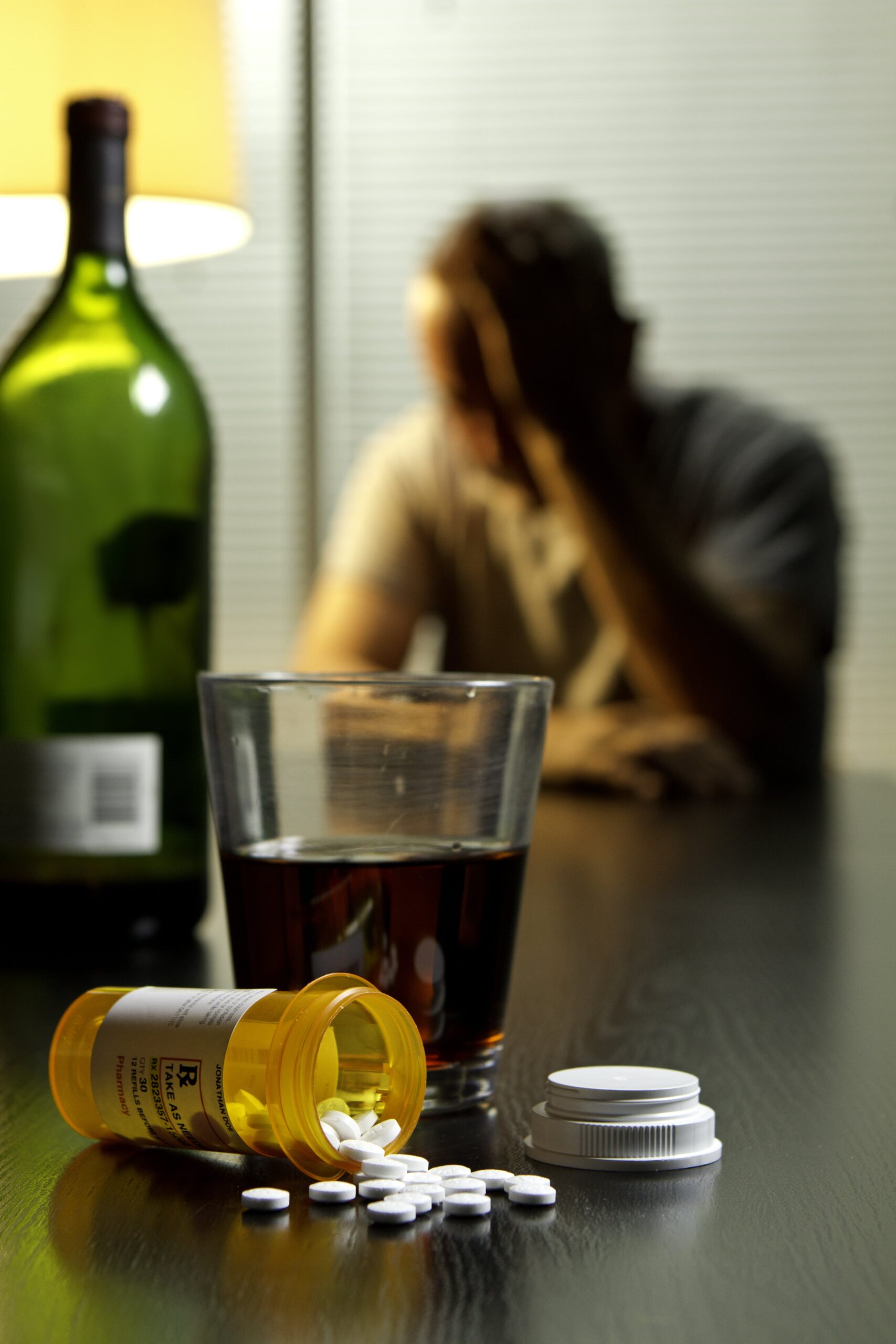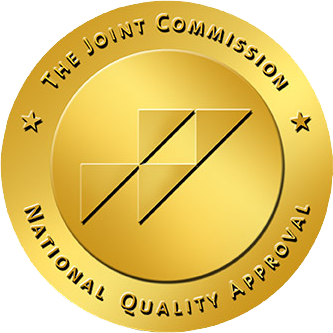If you are experiencing a mental health issue and addiction to alcohol or drugs, you probably feel twice the pressure to get some relief from both. Sana at Stowe is the premier dual diagnosis treatment center in New England, offering help managing your mental health symptoms and assistance with recovery from addiction. Tackling these two issues together saves time and gets you on the road to healing quickly.
What Is a Dual Diagnosis or Co-Occurring Disorders?
A dual diagnosis is the existence of both a substance abuse disorder and a mental health disorder. According to the 2022 National Survey on Drug Use and Health, approximately 21.5 million American adults have a dual diagnosis of an addiction to alcohol or drugs and at least one diagnosable mental health issue. Dual diagnosis also goes by the name “co-occurring disorders.” While you may have heard both terms in different settings, there is no distinction between co-occurring disorders and dual diagnoses because they are the same thing.
Common mental health disorders that may occur alongside alcohol and drug addiction include:
- Major depressive disorder
- Anxiety disorders
- Post-traumatic stress disorder (PTSD)
- Bipolar disorder
- Attention-deficit/hyperactivity disorder (ADHD)
- Schizophrenia
- Borderline personality disorder
- Eating disorders
A physician or other qualified clinician will be able to identify if a person has a dual diagnosis and advise them on the appropriate treatment course. Dual-diagnosis programs and treatment facilities in New England can identify the presence of a dual diagnosis and provide appropriate support in order to address both issues.
Signs and Symptoms of Dual Diagnosis
While signs and symptoms of dual diagnosis vary, depending on the individual and which mental health condition may be going on, some common signs that occur:
- Excessive anxiety
- Panic attacks
- Feeling depressed for extended periods
- Sleeping too much or too little
- Feeling hopeless or worthless
- Feeling irritable or angry
- Difficulty concentrating
- Change in appetite or weight
- Withdrawing from family and friends
- Experiencing delusions or hallucinations
- Moods and substance use interferes with work, school, or family obligations
- Using alcohol or drugs to cope with mental health symptoms

A person who has not been diagnosed with a mental health condition may not fully understand their symptoms. Similarly, a person who is using drugs or alcohol excessively may not fully grasp that they have a substance use disorder that requires treatment.
Treatment for Dual Diagnosis
Treatment plans for dual diagnosis pull from several different options. Dual diagnosis treatment centers in New England understand how to diagnose clients and formulate a treatment and aftercare plan that suits their individual needs. They take into account the substances involved in the addiction as well as the specific mental health issues that need addressing. Treatment options often used to treat dual diagnosis include:
Individual therapy
Regular sessions with a therapist help a person process their emotions and understand the genesis of their addiction and mental health challenges. Cognitive-behavioral therapy is a common type of therapy used to reduce mental health symptoms and help people stay in recovery from addiction.
Support group therapy
When people who share a common experience of mental illness or addiction gather together under the guidance of a therapist, they can provide much-needed support for each other.
Holistic therapy
Holistic treatment involves engaging in activities that help heal a person physically, emotionally, and spiritually. This type of therapy includes yoga, acupuncture, meditation, fitness, and nutritional counseling. When clients engage in holistic therapy at Sana at Stowe, they learn different practices they can incorporate into their daily lives to continue managing their mental health.
Medically Supervised Withdrawal Management
Going through the detoxification process is the first step to recovery from addiction. Medical detox provides any necessary medications that can help ease physical and emotional withdrawal symptoms so a person does not suffer needlessly. The experienced professionals at Sana at Stowe ensure clients navigate the withdrawal process comfortably and safely. All clients in the program have a dedicated team that manages the withdrawal process to ease symptoms at a pace that works for them.
Medication Management
Dual diagnosis treatment centers can provide an analysis of which medications a person needs to manage both their mental health and addictions. They can prescribe them, monitor the individual for any side effects, and make adjustments as needed.

Does Addiction Lead to Mental Health Issues?
In 2022, a total of 21.5 million adults experienced a dual diagnosis. When someone has a substance use disorder, it can contribute to developing a mental health issue. Addiction on its own affects a person’s brain, often rewiring it so that it relies on substance use to function in a way that keeps the individual from experiencing withdrawal symptoms.
For instance, endorphins, which naturally relieve pain and stress, usually get released through pleasurable activities, like exercising, receiving acupuncture, or getting massages. Drug and alcohol use also releases endorphins. When a person starts relying on substances for pleasure rather than other healthier methods, they alter their brain’s response to endorphin release. Reliance on drugs or alcohol can result in a person developing symptoms of a mental health condition or the actual disorder itself.
Symptoms can include experiencing:
- Depression
- Obsessive thoughts
- Panic attacks
- Mood swings
- Anxiety
- Compulsive behaviors
Individuals may also have difficulty concentrating or staying focused.
For those who already have a diagnosed mental health disorder, addiction can exacerbate it. For example, alcohol is a depressant. Use of it can cause an increase in symptoms for those who struggle with depression. Someone who has a mental health condition like anxiety may find their symptoms increase if they use stimulant drugs.
Services Offered by Sana at Stowe
Dual diagnosis treatment centers in New England understand how to identify which came first – the addiction or the mental health issue – and provide the appropriate treatment to address both conditions.
Sana at Stowe provides world-class treatment for those who want the best program available. We work with each client to determine which path will provide the greatest rewards for them.
They benefit from a combination of treatment approaches, which includes:
- Medically Supervised Withdrawal Management (“detox”)
- Residential Treatment
- Dual Diagnosis Treatment
- Executive Rehab Programs
- Trauma and PTSD Treatment
- Evidence-Based Addiction Treatment
- Wellness and Holistic Services
In addition to the proven methods we provide to help our clients enter recovery, avoid relapse, and enjoy improved mental health, we also have an advantage in our location. Stowe, VT, is home to some of the most beautiful scenery in the nation. Every season provides a backdrop of gorgeous views and various outdoor activities that enrich a person’s spirit. Whether hiking in the summer, gardening in the spring, or snowshoeing during the cold months, Stowe always provides activities and sights that elevate a person’s spirit and enrich their recovery.
Dual Diagnosis Treatment Centers in New England
Seeking treatment for a dual diagnosis doesn’t mean you have to give up a comfortable lifestyle and beautiful sights. Sana at Stowe provides first-class treatment and luxury amenities, all in a scenic area of Vermont. We provide treatment for mental health issues and substance use disorders, including a detox program. Learn more about our health insurance policy and payment options. Contact us now, and let us help you take the first step to better mental health.

Sana at Stowe has achieved accreditation and received
a Gold Seal of Approval® from The Joint Commission®.
This accreditation award verifies that Sana meets the most rigorous quality and patient safety standards of care, and shows a dedication to excellence across the full continuum of care. Learn more.

In-network with many insurance companies!
Sana at Stowe is in-network with BlueCross BlueShield, United Healthcare, UBH, UMR, MVP, First Health, Tufts Health Plan, Harvard Pilgrim Health Care, and Tricare and also accepts most out-of-network insurances, and accepts all private insurance. We also provide access to financial assistance to help with the cost of treatment.


